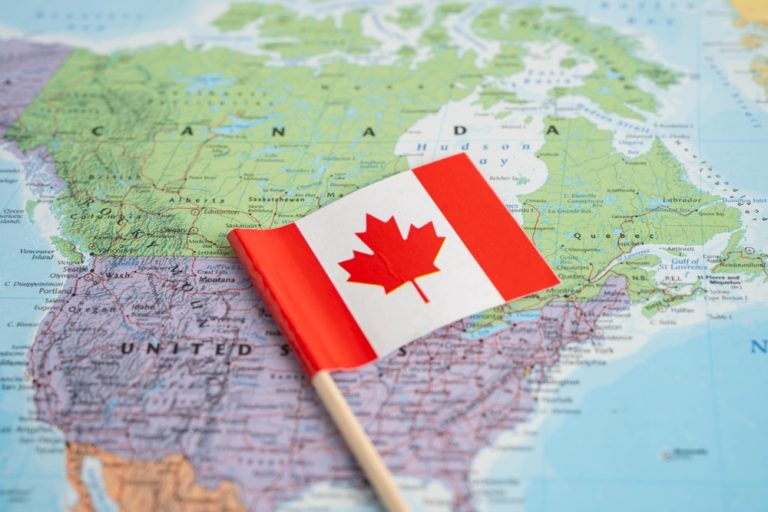The escalating trade tension between the U.S. and Canada could push both countries into a recession, disrupting cross-border commerce and causing widespread economic strain. President-elect Donald Trump’s threat to impose a 25% tariff on all Canadian and Mexican imports has sparked warnings from experts and prompted Canada to explore potential retaliatory measures.
A Canadian government official, speaking anonymously, said the country is considering duties on select U.S. imports, though no final decisions have been made. Mexican President Claudia Sheinbaum also signaled that Mexico might respond with its own tariffs on U.S. products.
Economic Impact of Tariffs
Economists warn that blanket tariffs on Canadian goods would lead to severe economic consequences for Canada:
- Inflation Surge: Inflation could rise above 7% by mid-2025.
- Rising Unemployment: Unemployment could climb to nearly 8% by the end of 2025.
- Industry Setbacks: Canada’s auto, energy, and heavy manufacturing industries, reliant on U.S. exports, would face the brunt of the impact.
Michael Davenport of Oxford Economics noted that the interconnected nature of North American supply chains, particularly in the auto and energy sectors, makes both nations vulnerable.
Historical Context and Current Concerns
During Trump’s first term, Canada imposed retaliatory duties on U.S. products after tariffs were placed on Canadian steel and aluminum. These targeted items like whiskey and yogurt, leveraging their production ties to key U.S. states.
Canadian officials argue that grouping Canada with Mexico on immigration and drug control issues is unfair but have expressed willingness to invest in border security to mitigate concerns.
U.S. Consequences and Broader Trade Implications
The U.S. is not immune to the fallout from a trade war:
- Gas Price Hikes: Canada supplies about 20% of U.S. oil, and tariffs could increase gas prices by 30 to 70 cents per gallon.
- Economic Slowdown: Broad tariffs could lead to a shallow recession in the U.S. and strain political relations.
- Supply Chain Disruption: Tariffs on Canadian energy and auto exports could significantly affect U.S. industries.
Despite these risks, Scott Bessent, Trump’s pick for Treasury Secretary, has argued that tariffs during Trump’s first term advanced U.S. economic goals without fueling inflation.
Targeted Tariffs More Likely
Experts believe that the Trump administration is more likely to impose limited tariffs on specific Canadian goods, such as steel, lumber, and farm products, to minimize widespread economic damage. Davenport remarked that sweeping tariffs on Canadian autos and energy exports are unlikely, as they would harm integrated North American supply chains and the U.S. economy.
The Outlook
With Canada and the U.S. deeply intertwined economically, the stakes are high for both nations. Whether this tariff standoff leads to significant trade disruption or a negotiated compromise will likely hinge on the incoming administration’s approach and the readiness of both sides to find common ground.


